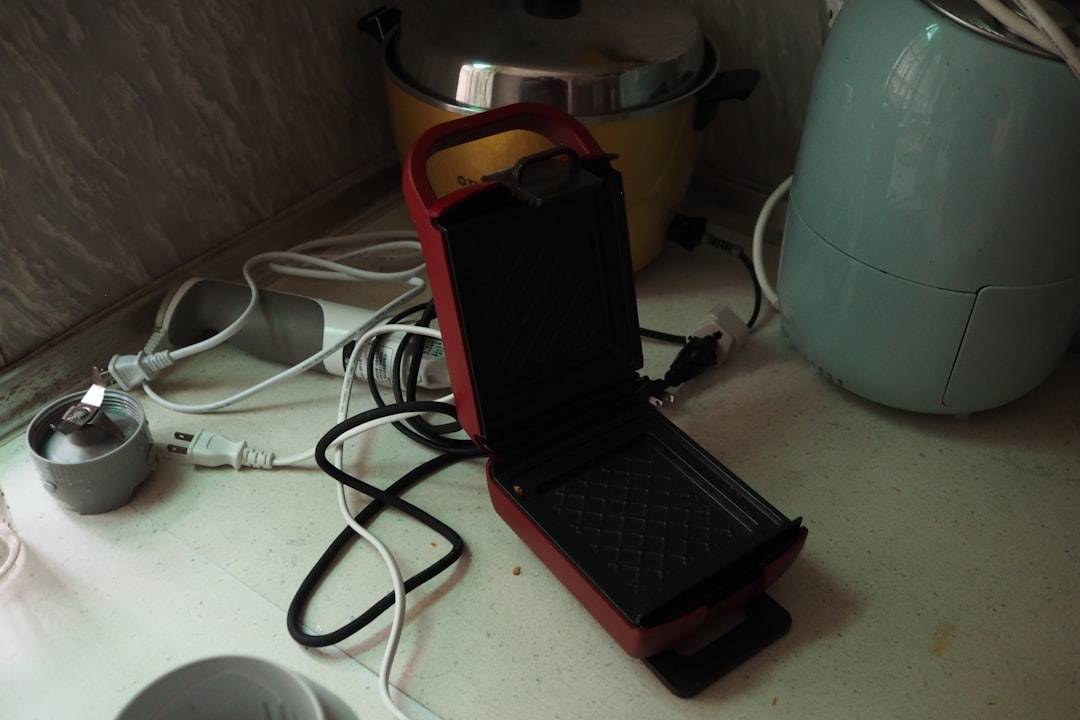
Imagine spending weeks on a research paper, only to find out that you’ve accidentally plagiarized. Yikes! But don’t worry — there’s a simple way to avoid this nightmare. You can use a plagiarism detector. It’s like a smart helper that checks your work before anyone else does.
Even the most honest researchers can make mistakes. You might forget to cite a source, or use someone’s words without realizing they weren’t common knowledge. That’s where plagiarism checkers come in handy and save the day!
What Is Accidental Plagiarism?
Let’s break it down.
- Copying without meaning to: You copied a great paragraph thinking you’d rewrite it later… but forgot.
- Poor paraphrasing: You tried to change the words but ended up too close to the original.
- Missing a citation: You know where the idea came from, but forgot to give credit.
It happens! But it doesn’t have to.

How Do Plagiarism Detectors Help?
These tools scan your writing and compare it with texts from all over the internet — books, articles, websites, and other papers. If they find text that matches too closely, they’ll highlight it. That way, you can fix it before submitting your work.
Here’s how you can use one:
- Write your draft. Do your best and don’t worry about it being perfect the first time.
- Run it through a plagiarism checker. There are many great tools out there. Some popular ones include Turnitin, Grammarly, and Quetext.
- Review the results. The checker will show you what parts might be problematic.
- Fix things. Add citations, rewrite parts, or paraphrase better.
It’s like giving yourself a second set of eyes. Smart, right?
Top Benefits of Using Plagiarism Detectors
Why bother? Because it makes your life easier!
- Peace of mind – You’ll sleep better knowing your work is clean.
- Better understanding – You’ll learn more about proper citation.
- Boosted credibility – Professors and peers trust honest work.
Tips for Avoiding Accidental Plagiarism
In addition to using plagiarism detectors, follow these smart tips:
- Keep track of sources: When you find info, jot down where it came from.
- Paraphrase properly: Don’t just swap words. Explain the idea your way.
- Use quotation marks: When in doubt, quote it out!
- Ask for help: Not sure if you’re citing right? Ask a teacher or use citation tools like Zotero or BibGuru.

Common Myths About Plagiarism Checkers
Myth 1: “Only students use them.”
Truth: Researchers and authors use them too! Even big-time scientists double-check their writing.
Myth 2: “They aren’t accurate.”
Truth: Modern tools are super advanced. They catch tricky similarities others might miss.
Myth 3: “It’s cheating to use them.”
Truth: It’s actually smart and responsible!
Final Thoughts
No one wants to be accused of plagiarism — especially when it’s an accident. But by using a plagiarism checker, you can protect your work and learn in the process. It’s quick, easy, and a total game-changer for researchers of all levels.
Think of it as spellcheck… but for honesty!
So the next time you’re writing something important, do yourself a favor. Scan it, check it, and fix it. That little extra step can save you from a big headache later on.
Happy researching — and keep it original!






